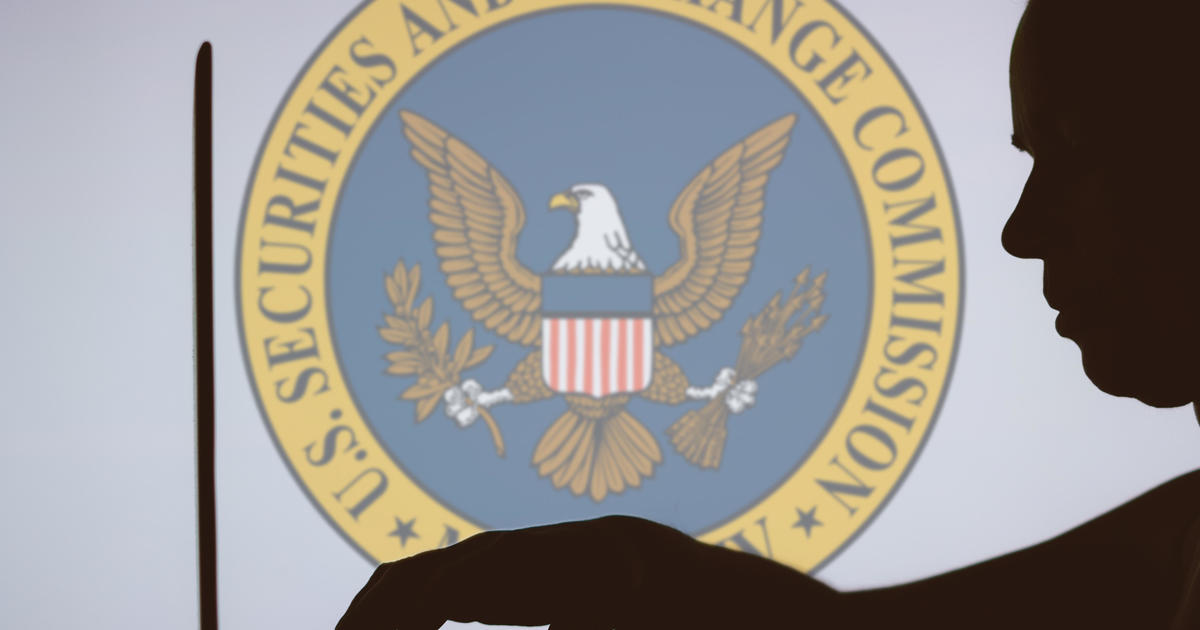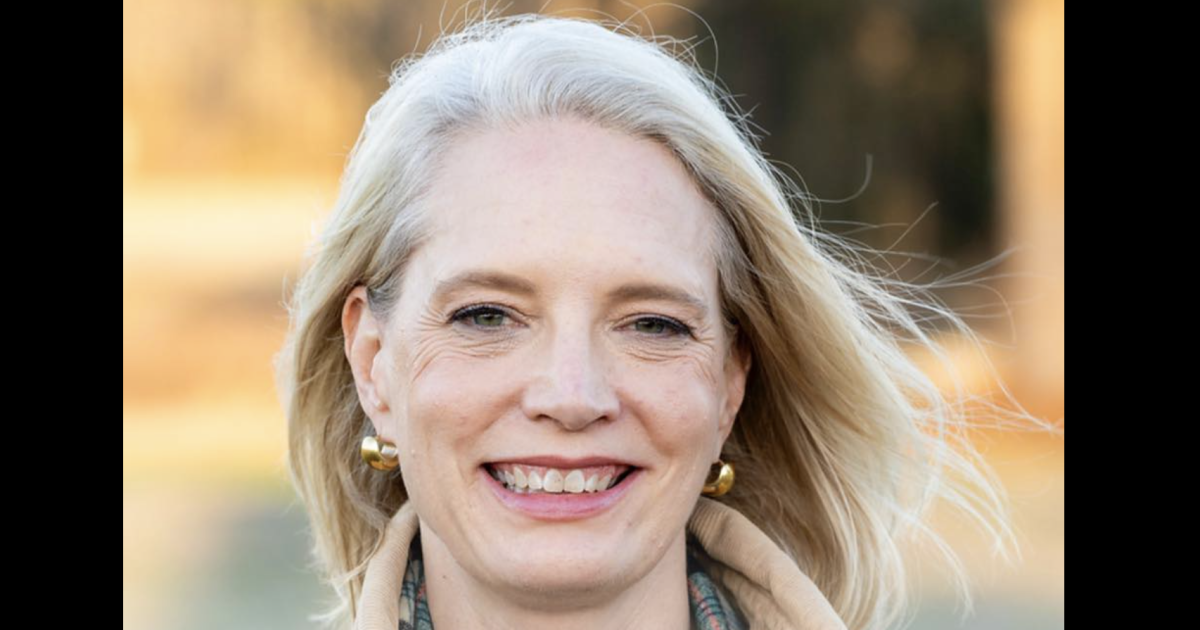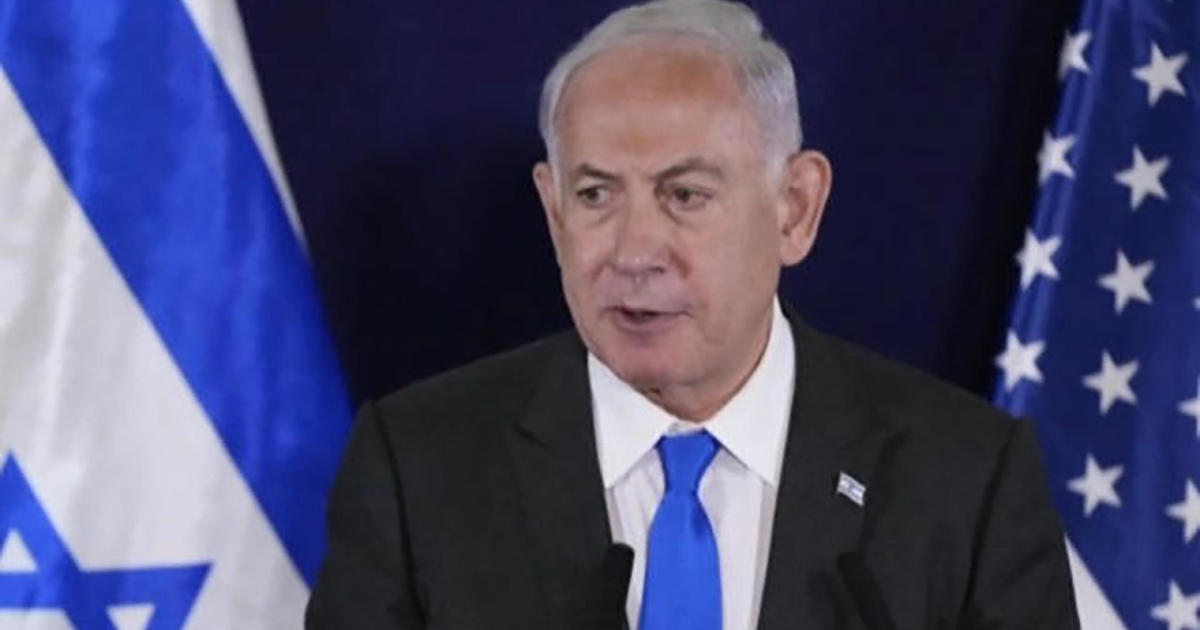Trump administration's tough talk on trade rattles investors
The Trump administration's tougher posture on global trade policy is ringing alarm bells on Wall Street.
The immediate trigger for those concerns was President Donald Trump's move last week to approve 30 percent and 50 percent tariffs on, respectively, imported solar panels and washing machines just days before his appearance at the World Economic Forum in Davos, Switzerland. Mr. Trump's Treasury and Commerce secretaries added fuel to the fire at the annual confab by suggesting that additional measures could be on the horizon.
The risk: Affected countries could retaliate with their own tariffs or other sanctions, setting the stage for a trade war that could mean higher prices for consumers and shrinking exports for U.S. manufacturers.
"The tariff announcement represents a significant step in the implementation of President Trump's 'America First' policy to protect U.S. domestic manufactures from increased foreign imports," Moody's analyst Lillian Li wrote in a report. "This announcement could lead to responses from the most affected countries, including retaliatory tariffs on U.S. exports or petitions filed with the World Trade Organization against the U.S."
The administration has hinted strongly that the tariffs on washing machines and solar panels are only the beginning of a more protectionist trade strategy, a pledge at the heart of Mr. Trump's 2016 presidential campaign.
It's a signal the manufacturing sector is hearing loud and clear.
"This could entice many more sectors to recommend increased protectionist measures to protect their market shares," predicted Gregory Daco, head of U.S. economics for Oxford Economics. "The steel and aluminum sectors are next on the list, while NAFTA negotiations linger in the background."
Trade disputes tend to simmer for years, rather than inflicting immediate damage on the global economy. And despite Mr. Trump's call to action last week, a strong upturn in global trade that began around the time of the U.S. election continues largely unabated. World trade rose by 4.5 percent in the quarter that marked the anniversary of Trump's election, according to Capital Economics.
Yet even incipient trade tensions can leave a mark on global investment flows and roil international relations. TD Securities Macro Strategist Brittany Baumann thinks the new U.S. tariffs alone are unlikely to spark a global trade war.
"But when viewed as part of a queue of potential trade actions to come," she cautioned. "Trump's actions cannot be overlooked and may imply a broader pivot on U.S. trade policy."
Trump eased his tone during his speech at Davos, yet stressed concerns about trade and said the U.S. would not tolerate unfair practices from trading partners.
"We cannot have free and open trade if some countries exploit the system at the expense of others," Trump said in his speech. "We support free trade but it needs to be fair and it needs to be reciprocal because in the end unfair trade undermines us all."
A tougher stance on trade could lead investors to reduce their exposure to risk in global markets, leading to lower equity prices.
Nikita Shah, an economist for Capital Economics, said the new tariffs on washing machines and solar components are "far from a game changer," noting that they represent a tiny share of GDP for major U.S. trade partners for those products, including China.
Such "safeguarding" levies, as they are called, are mostly aimed at making U.S. producers in those segments more competitive. They are less aggressive than anti-dumping duties that seek to deter nations from flooding a market with below-cost good.
Shah also expects Canada, Mexico and the U.S. to reach agreement on a revised North American Free Trade Agreement.
Still, for the first time in years, America's fundamental commitment to the liberalized global trade order that has prevailed for decades is in doubt.
"We continue to believe the U.S. administration will want to avoid deterioration into a trade war," Christian Keller, the head of economics research for the investment bank Barclays, said in a note. "However, the coming months will show whether this view could be too sanguine."



